Special Needs Education In Japan
Support & Information Resources
Special needs children require specific attention and care to develop their skills and creativity. This month, Savvy Tokyo hears from specialists in the field to learn where parents can obtain information on such resources and receive support in Japan.
Finding the right schooling for your children is always a challenge, regardless of where you’re based. But when your child suffers from a learning and other disabilities and you live away from your native country with limited access to the local language, this may easily become an overwhelming task for every member of the family. Don’t give up, though — there are many options in Japan, as well as supportive people who are ready to assist. Here is a list of information special needs families can turn to for support.
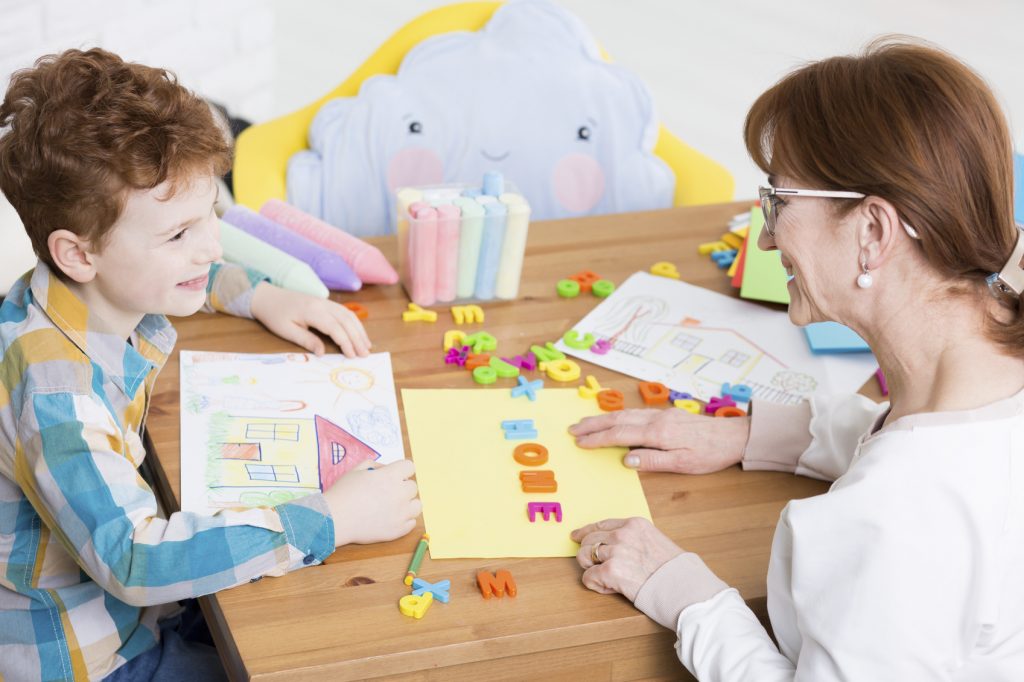
First Things First: Understanding disabilities
The term “special needs” encompasses a broad group of conditions, from learning difficulties such as dyslexia to intellectual and physical disabilities. Some common first signs of such conditions are developmental delays in speech, motor, socialization or other skills, says licensed clinical psychologist and clinical supervisor at TELL Japan, Dr. Shruti Rane. “Children with speech articulation difficulty are at risk for developing reading difficulties. Similarly, behavioral concerns such as impulsivity, high activity level, and inflexibility can often be the first signs of executive dysfunction.” If parents suspect such a problem with their child they should talk with the child’s teacher, if she is attending school, to find out if the instructor is also seeing those issues. Since early intervention is the key to successful management of children’s special needs, Dr. Rane says concerned parents should consult a professional as soon as possible. Two major organizations you can turn to for information are the TELL Counseling Center, which provides counseling and psychological assessment services for children and adolescents in Japanese and English and the International Mental Health Professionals Japan’s website, which includes the “Find a Therapist” search function.
Special needs children & the Japanese system
In-line with the government’s aim for an inclusive society in which individual educational needs are met for every student, the vast majority of special needs children (98% in 2007) are taught in regular schools, according to the National Institute of Special Needs Education (NISE).
There are three methods of assistance in Japanese public schools, which vary according to the severity of the children’s disabilities. The lowest-need group is taught within regular classes at public schools, using team teaching and small-group teaching. The next approach is the resource room system, which has students attend several times a week for special instructions. This is for children with speech or language impairment, autism, emotional disturbance, visual or hearing impairment, attention deficit/hyperactivity disorder or learning disabilities. The third method is special needs education classes at regular public schools. Around 62% of schools run such lessons, which are limited to eight students a class. This is for children with relatively mild intellectual or physical/motor disabilities, autism/emotional disturbance, or health, visual, hearing or speech/language impairment.
The support system for all special needs students at regular schools includes specialized education coordinators, external advisors and individual education support plans for each pupil.
The support system for all special needs students at regular schools includes specialized education coordinators, external advisors and individual education support plans for each pupil. Tokyo’s various municipal wards administer regular elementary and junior high schools, as well as the special needs education within them.
Current status of special needs schools in Japan
Children with the most acute problems instead attend dedicated schools for special needs students. Most of these institutions are overseen by local governments and cater for kids from kindergarten up through senior high school. According to government reports, in 2007 (the latest official data) there were 1,013 such facilities in Japan, of which 505 were for the intellectually disabled, 159 for physical or motor disabilities, and 102 schools for hearing impairment. Combined schools numbered 98 and there were 78 for health impairment and 71 for visual impairment. The maximum class size is six for students with single disabilities and three for those with multiple limitations. The curriculum at special needs schools is basically the same as that at regular ones, but also includes activities to promote independence, such as guidance on daily living skills.
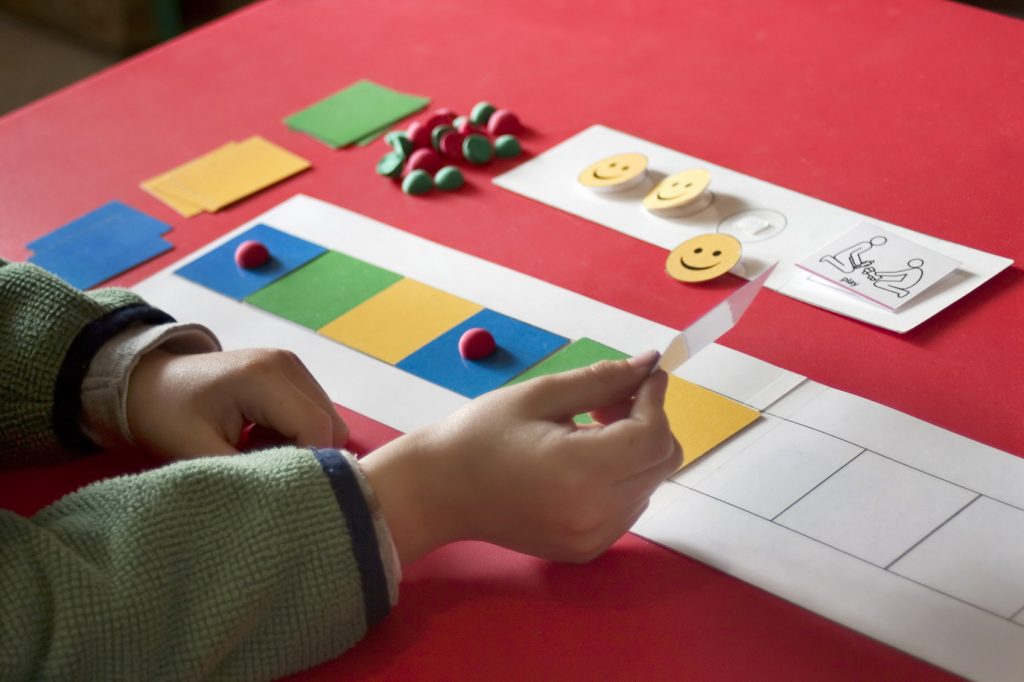
Special needs children school & other options
Special needs children are increasingly being understood worldwide as being not disabled, but differently abled. In terms of schools then, those with more flexible educational approaches that can cater to students’ individual needs seem to be a good choice. Learn more about such options in our article on Waldorf-Steiner and Montessori method schools, as well as other alternative educational choices on offer around Tokyo.
The Montessori School of Tokyo, for example, is in the unique position of being an international school that operates in English, but is also a Montessori method institute. Mr. Pete Juds, the head of the school, says his school can accommodate students with a wide range of abilities, from highly gifted ones to those with Asperger or Down syndrome. “We are bound by the concept that we need to be able to continue to offer all students an optimal learning environment,” he says.
Options outside of school
There are options outside of the school system for assisting special needs kids, too. “Parents can of course arrange numerous resources on their own too, such as speech therapy, occupational therapy, reading specialists,” says Dr. Kobayashi. The TELL website’s resources list can help you find such specialists. For services in Japanese, Dr. Kobayashi says the company Litalico Junior offers after school classes that welcome children with special needs. It teaches kids from babies up through to elementary school students with education tailored to their individual needs. Litalico’s approach combines individual and group lessons and also has feedback time with parents that includes advice on how to assist the children at home. It offers courses in social skills such as self-control and communication, and in life skills like time management, as well as academic topics like math and reading and writing.
Public sector services
If you’re comfortable using services in Japanese, you should first check out what the public sector has to offer. The Japanese government advises to first contact your local Development Disability Support Center (Hattatsu shougai-sha shien sentaa) if you suspect your child may have a learning or development problem. In addition to counselling and support, they will also help connect you with support services available from medical, welfare, educational and vocational institutions. You can find your local such office via this website (Japanese only). Located in Tokyo’s Itabashi ward, the National Rehabilitation Center for Children with Disabilities is a comprehensive institute for kids with various types of disabilities and includes an outpatient clinic. The center works together with local hospitals and health and welfare offices to identify and advise on treatment for special needs kids.
A very special school
The Musashino Higashi Gakuen, located in Tokyo’s Musashino city, is a school which reminds us that each person makes a difference. When the school opened as a kindergarten in 1964 there was one student there who was later diagnosed as autistic. That child was the catalyst that launched the school founders’ work to develop a suitable educational approach for such children. That toil has today resulted in an institute for both autistic and regular students from kindergarten through high school that is internationally recognized for its autism education program. In January 2016, there were 1,612 students at Musashino, 468 of whom were autistic.
Kiyo Kitahara, who founded the school with her husband, developed the method called Daily Life Therapy, which first promotes self-care skills, then self-reliance and independence and finally, full social integration. The same approach is used at the Boston Higashi School in Massachusetts, which Musashino launched in 1987. As of March 2016, 941 autistic students have graduated from Musashino. Of those, 53% are now working in ordinary workplaces, 36% are at sheltered workshops and 10% have gone on to advanced schools, such as colleges, technical schools or vocational training centers. Musashino teaches in Japanese but has some English-speaking instructors and actively accepts returnees from overseas.
Further resources
- TELL’s Exceptional Parenting Program offers a free, monthly workshop series on a variety of topics that address various issues related to raising a child with special needs.
- A video created by the National Institute of Special Needs Education’s English explaining Japan’s special needs education system.
- A list in English of Tokyo Metropolitan Schools for Special Needs Education.
- A list of interesting links on this Research Resources page within the English section of the Disability Information Resources website.












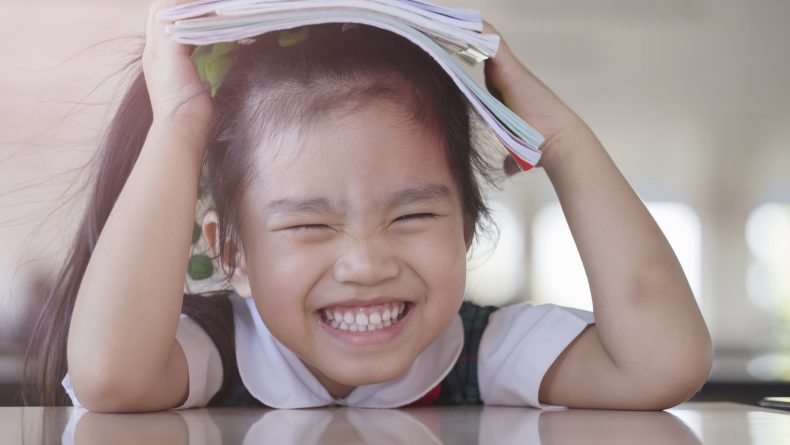

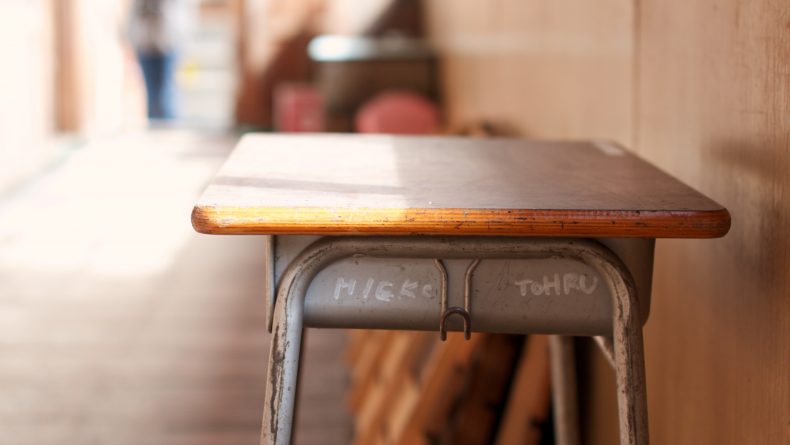
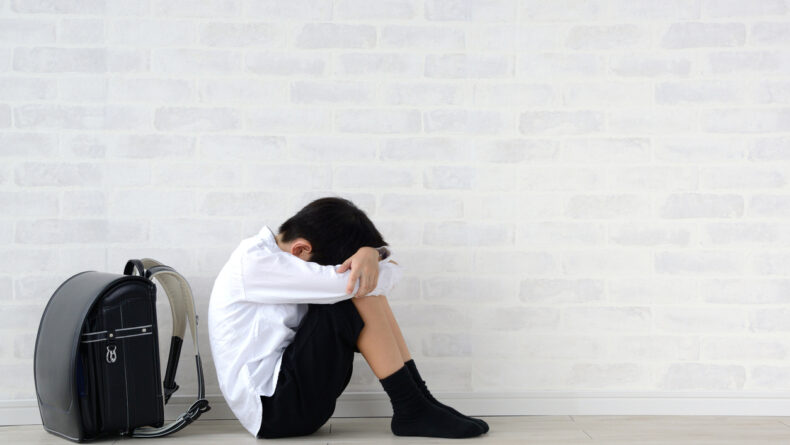
Hello Mingalarpar
I am from Myanmar and i will come to Japan soon. I have an 8 years old son. He is ADHD kid.
He is still attending the ADHD school here too. So
I would like to know about ADHD schools in Japan like where they are and how i can contact.
Dear Savvytokyo…
am a woman who would like to live in Tokyo with my daughter. My daughter is 26 years old. My daughter suffers from mild autism and a learning disability. I would like to know if there are schools ..best regards
Maryam Alsuwaidi